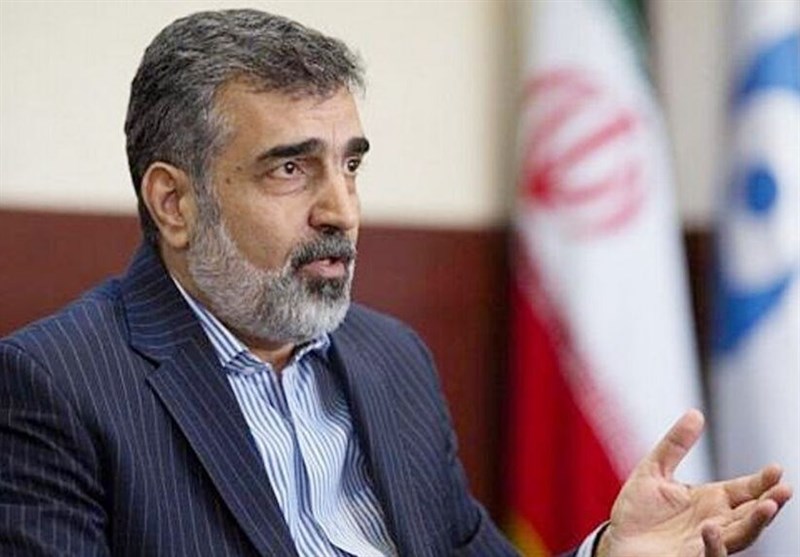Iran Insists on Its Nuclear Rights
WANA (Apr 18) – The spokesperson and Deputy for International, Legal, and Parliamentary Affairs of the Atomic Energy Organization of Iran (AEOI) announced that the Deputy Director General of the International Atomic Energy Agency (IAEA) will visit Tehran in the next two weeks to continue high-level technical talks. He stated that these discussions aim to resolve issues that are repeatedly mentioned in the IAEA’s reports—issues which, instead of contributing to technical progress, have only paved the way for increased pressure on Iran.
Behrouz Kamalvandi, spokesperson and Deputy Head of the AEOI, said regarding Rafael Grossi’s recent trip to Tehran: “This visit was pre-scheduled as part of ongoing interactions between the Islamic Republic of Iran and the IAEA. It had been planned for Mr. Grossi to arrive on Saturday, but due to its overlap with Dr. Araghchi’s trip and the negotiations in Oman, it was decided that the visit be brought forward to facilitate those meetings.”
Pursuit of Follow-Ups with Greater Seriousness
He continued: “On the first night of the IAEA Director General’s visit, discussions took place between Dr. Araghchi and Mr. Grossi. On Thursday morning, Engineer Eslami (head of AEOI) also held a detailed meeting with Mr. Grossi. A visit to an exhibition showcasing Iran’s nuclear achievements left a strong impression on the Director General. It was agreed during these talks that Mr. Grossi’s deputy would visit Tehran within two weeks to pursue the matters more seriously.”
Kamalvandi said: “During Dr. Araghchi’s meeting, the ongoing talks in Oman and their context were discussed. The role of the IAEA in this process, the necessity of avoiding a negative influence by the agency, and other essential reminders were conveyed to Mr. Grossi. Iranian officials in separate meetings firmly reiterated Iran’s resistance to threats and warned that the Islamic Republic would respond decisively to any threat.”
He added: “Engineer Eslami addressed the contradictory statements made by American officials, especially from the White House, emphasizing that such misleading remarks must not distort the atmosphere of negotiations. Nonetheless, he stressed that the Islamic Republic of Iran insists on its nuclear rights and that no one can speak to the Iranian nation in the language of threats. During the meetings, criticism was also voiced about some of Mr. Grossi’s recent interviews—particularly his statement equating Iran’s 60% enriched uranium stockpile to material for seven atomic bombs.”
Kamalvandi emphasized: “Iranian officials consider such comments to be contrary to safeguards principles, asserting that Iran has not acted against its obligations and that no limitation exists on the level or amount of enrichment under safeguards agreements. Therefore, such remarks only provide ammunition for Iran’s adversaries. Mr. Grossi, in response, noted that the current conditions are favorable for reaching an understanding and that the agency is ready to play its role.”
The AEOI Deputy concluded: “Mr. Grossi also stated that the IAEA can act as a bridge to help facilitate understanding between the parties, and is ready to become actively engaged in this role. The upcoming visit of his deputy to Tehran aims to continue technical negotiations at a higher level, resolving recurring issues in IAEA reports that have so far hindered rather than helped progress. The goal is to better manage relations with the IAEA and other countries and move toward a constructive and productive path.”












